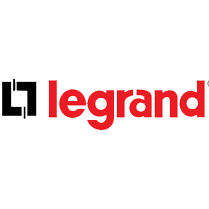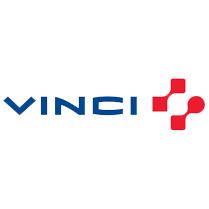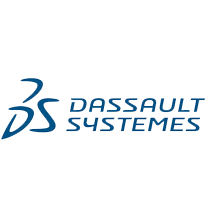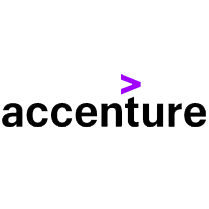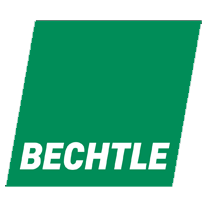The resilient city: a virtuous outcome of a holistic and integrated approach.
Urban resilience is without doubt the eloquent synthesis of the challenges of the 21st century. A multi-dimensional concept at the crossroads of the major concerns of our time, the “resilient city” refers to a city’s ability to adapt and respond effectively and innovatively to social, economic, political and environmental frictions, from climate change and food security to access to water, energy and culture.
Following on from the Smart City, the resilient city is the result of a holistic and integrated approach that encompasses all aspects of urban planning and management, taking into account the needs and aspirations of the community as a whole. It is therefore the result of close, proactive and dynamic collaboration between local authorities, civil society organisations, businesses and citizens.
Profile of the Resilient City
The resilient city is emerging as a model for the future of urban areas in the 21st century… a model equipped to meet the major challenges of climate change, population growth, social inequality and pressure on natural resources.
To guarantee sustainable urban development and an optimum quality of life for its inhabitants, the resilient city mobilises a number of assets:
- Soft mobility: resilient cities encourage the use of alternative and sustainable modes of transport such as walking, cycling and public transport in order to reduce car dependency, cut greenhouse gas emissions and improve air quality. The provision of adequate infrastructure such as cycle paths and pavements and the deployment of shared mobility services are essential to encourage soft mobility;
- NICT: resilient cities take advantage of new information and communication technologies (NICT) to collect and analyse data in real time, enabling a better understanding of citizens’ needs, optimising the use of resources and simplifying daily life. Sensors, intelligent networks and open data platforms all contribute to this effort to improve urban management and decision-making while respecting the confidentiality of personal data;
- Quality of life: this objective structures the resilient city, in particular through affordable and inclusive housing, green spaces and leisure facilities, access to culture, education and health, and efficient public transport accessible to all;
- Citizen participation: a resilient city involves and values the active participation of its citizens in local decision-making and project implementation. Levers such as participatory budgeting, public consultations, workshops and digital platforms can be used to gather ideas and innovative solutions while stimulating collective intelligence;
- Circular economy and renewable energies: resilient cities adopt circular economic models to reduce waste, optimise the use of resources and promote renewable energies to reduce dependence on fossil fuels.
Faced with the saturation of large metropolises, medium-sized towns are at the forefront of urban resilience. Because of their human scale, these towns are more agile and can initiate their transformation more easily than large conurbations. They can take advantage of their local development potential and their proximity to rural areas to promote local food systems, short distribution channels and sustainable development initiatives.
Infopro Digital, at the heart of the resilient city aspiration
The theme of the resilient city is a ‘Trending Topic’ that mobilises our journalists throughout the year. Our leading media brands are deploying exceptional editorial resources to highlight best practices, explore new technologies and innovative solutions in this area, and decipher current and future regulations.
We address a wide range of stakeholders: mayors and local councillors, urban planning professionals, architects, business leaders, urban planners, engineers, researchers, environmental experts, associations and citizens keen to contribute to building resilient cities.
By providing a reliable and expert source of information, we facilitate cooperation and the sharing of knowledge between these different players, thereby encouraging the development of sustainable cities that are adapted to the challenges of the 21st century.
Speak out on this highly interesting topic on our media brands to demonstrate your expertise, share your knowledge, promote your value proposition or communicate your commitments in this area to a targeted, committed and intentional audience.













